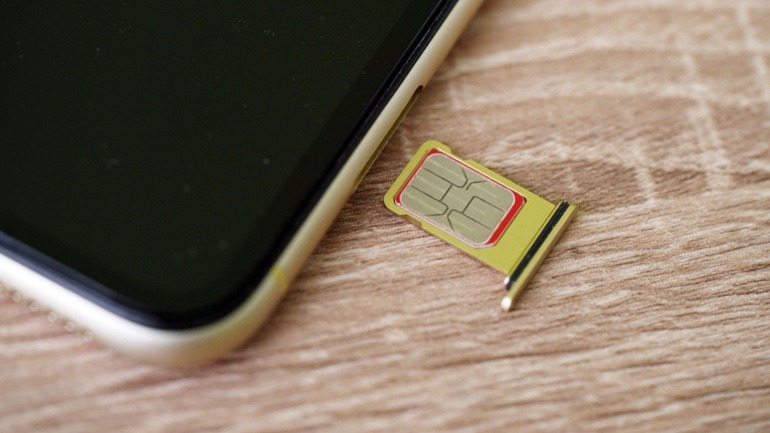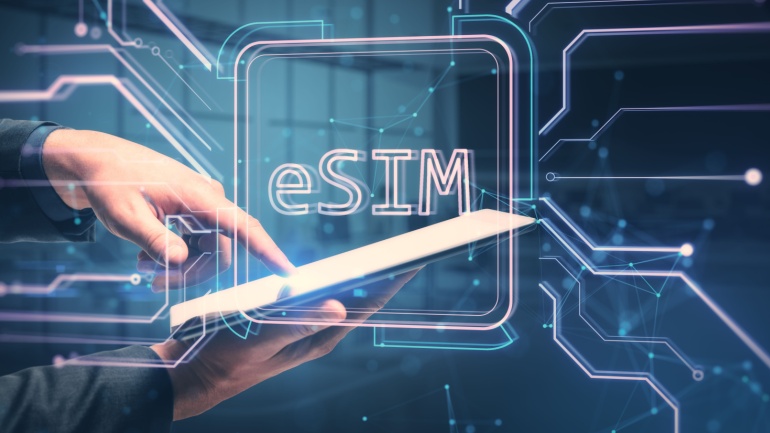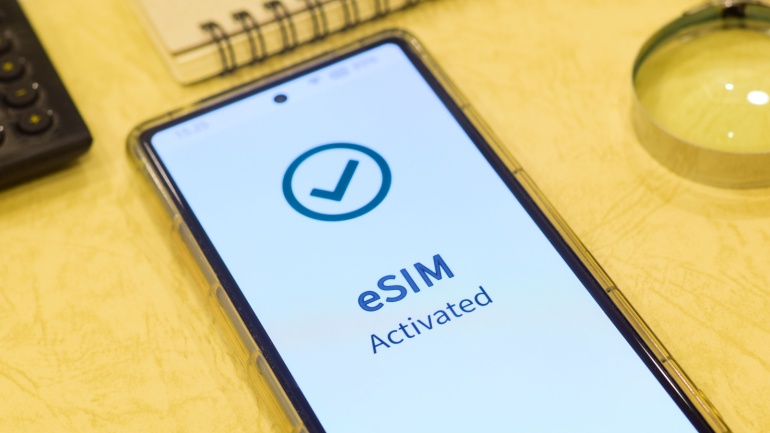NASA’s collaboration with Microsoft aims to revolutionize access to earth science data through Earth Copilot, a tool leveraging AI for seamless data inquiry. Built on Microsoft’s Azure, Earth Copilot simplifies complex satellite data access, enabling user-friendly and natural language queries, transforming research, policy-making, and education.
Sinch, which is pioneering the way the world communicates through its Customer Communications Cloud, is excited to announce that RCS can now be provisioned using our Sinch Customer Dashboard, expanding the number of tools available for businesses to get started with RCS quickly and seamlessly. With its suite of APIs and user-friendly solutions, Sinch is helping businesses take advantage of RCS at scale, making messaging more interactive, engaging, and accessible.
Vodafone and Kigen have introduced an integrated iSIM service, revolutionizing IoT deployments. This initiative incorporates iSIM chipsets into Kigen’s security package, providing pre-loaded iSIM connectivity optimized for Vodafone’s LPWA networks like NB-IoT and LTE-M.
HORISEN and Vodafone Germany launch an innovative public transportation ticketing system, integrating Rich Communication Services (RCS) and Direct Carrier Billing (DCB). This collaboration simplifies fare purchases via mobile phones, enhancing user convenience. As part of Vodafone’s UPLIFT initiative, this project underscores a commitment to sustainable, digital transformation in public services, reflecting VoIP advancements.
By 2030, nine billion cellular and IoT devices will feature eSIM and iSIM technology, revolutionizing the VoIP industry. With a projected 22% annual growth rate, these technologies promise enhanced versatility for smartphones, connected cars, and industrial sensors.
Airalo is the world’s first eSIM store for travelers who’ve faced the wrath of exorbitant roaming charges. With Airalo, you can download and install a digital data pack from over 200 countries and regions, ensuring you’re connected the second you land.
In an effort to simplify broadband service switching for UK residents, the telecommunications regulator Ofcom has introduced new rules effective from 12 September 2024. To support this initiative, iconectiv UK Limited announced its registration as a Managed Access Provider (MAP) with The One Touch Switching Company (TOTSCo). This move will provide UK Communications Providers (CPs) with the necessary flexibility to comply with the evolving residential broadband market.
Telecom operators are increasingly embracing eSIM technology, which is expected to be featured in over half of all smartphones sold globally within the next five years, according to new research from CCS Insight. The analyst firm projects that by 2028, 56% of smartphones will support embedded SIMs, a significant rise from 27% last year.
VoIP adoption offers transformative benefits, yet challenges loom. Selecting a reliable provider is paramount, demanding thorough research on reputation, features, and support. Compatibility, call quality, scalability, and network readiness necessitate meticulous planning. Security, emergency services, cost management, compliance, number portability, and employee readiness further demand attention. Successful migration hinges on strategic planning and informed decision-making.
Telecom26 and MiWire are pushing the envelope with a pioneering maritime connectivity trial. The eSIM-based service aims to shift the commercial shipping industry’s reliance on costly and inflexible satellite technology, unlocking cost-effective data accessibility. Ships that stick to set routes can benefit from seamless, uninterrupted service leveraging terrestrial cellular networks for up to 50km sea distance, before transitioning to satellite connectivity.













